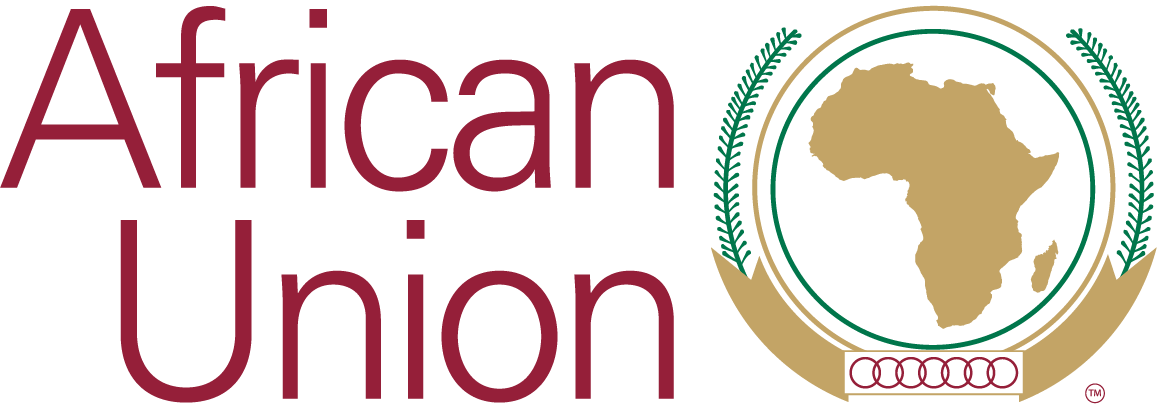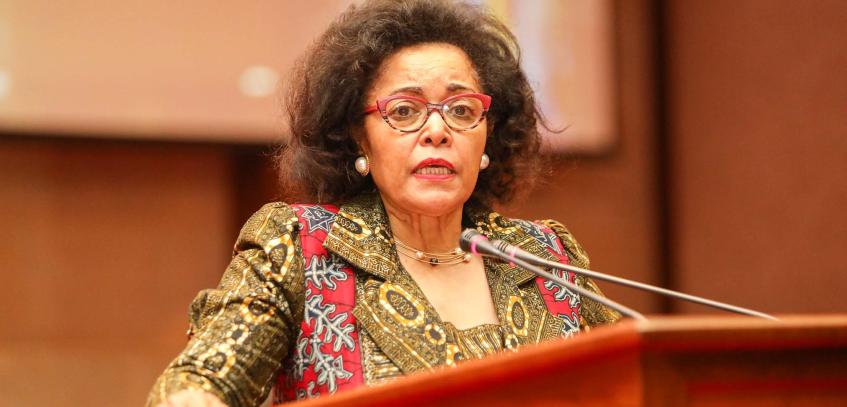The African economies slowed amid significant headwinds in 2022, but remain resilient with a stable outlook, AUDA-NEPAD CEO Dr Nardos Bekele-Thomas said while addressing the Plenary during the Sitting of the Permanent Committees of the sixth Parliament of Pan-African Parliament (PAP) in Midrand, South Africa.
The sittings were held from 6 to 17 March 2023 under the AU theme for 2023, “Accelerating the implementation of African Continental Free Trade Area (AfCFTA).”
At the 31st Ordinary Session of the Assembly of African Union Heads of State and Government in Nouakchott, Mauritania, in June 2018, a decision was taken to transform the NEPAD Planning and Coordination Agency into the African Union Development Agency-NEPAD (AUDA-NEPAD).
The mandate of AUDA-NEPAD is to coordinate and execute priority regional and continental projects to promote regional integration towards the accelerated realisation of Agenda 2063; strengthen the capacity of African Union Member States and regional bodies, advance knowledge-based advisory support, undertake the full range of resource mobilisation and serve as the continent’s technical interface with all Africa’s development stakeholders and development partners.
“Following a recovery in 2021 after the shock of the COVID-19 pandemic, African economies took a knock, but they remain flexible with a solid outlook,” said Dr Nardos Bekele-Thomas.
“The slowdown in economic growth has been due to a number of factors, including the growing impacts of climate change, the spillover effects of rising geopolitical tensions and insecurity on the continent and the Russia-Ukraine conflict. These shocks have had adverse effects on African economies resulting in substantial volatility in global financial markets, fuelled inflationary pressures, increased costs of capital and debt servicing, disrupted global supply chains (especially in food and energy markets), and decreased demand in major export markets, especially in Europe and China, Africa’s main trading partners.”
Dr Nardos Bekele-Thomas also disclosed that according to the Economist Intelligence Unit, almost all countries in Africa continue to grow, although real GDP growth rates will vary considerably across the region and some Member States will stagnate and teeter on the brink of recession.
“Projections from the African Development Bank indicate that real GDP will stabilize at 4 percent over 2023–24. The stable outlook projected for 2023–24 reflects continuing policy support in Africa and global efforts to mitigate the impact of external shocks and rising uncertainty.
“China’s anticipated reopening after three years of zero COVID policy and the stable growth outlook for Asia, which accounts for about 40 percent of the continent’s total merchandise exports, could bolster Africa’s growth in the medium term,” she added.
She also mentioned that Tourism-dependent economies are estimated to have grown by 6.3 percent in 2022, up from 4.2 percent in 2021, sustained by the easing of COVID19 pandemic risks and household savings accumulated during the pandemic in tourism-source countries, adding that with inflation rising in tourism-source markets, growth is projected to slow slightly, to 5.1 percent in 2023.
Meanwhile, commenting on Food Insecurity, Dr Nardos Bekele-Thomas stated that as the impacts of climate change continue to intensify and global shocks upend business as usual, Sub-Saharan Africa is feeling the brunt of what has been coined “the perfect storm” – a food, fuel, and fertilizer crisis exacerbated by the war in Ukraine, scarring effects from the COVID-19 pandemic, soaring inflation, rising debt, and extreme weather.
“Climate change is intensifying food insecurity across sub-Saharan Africa, where Russia’s war in Ukraine and the pandemic are also adding to food shortages and high prices. Climate events, which destroy crops and disrupt food transport, are disproportionately common in the region. One-third of the world’s droughts occur in sub-Saharan Africa, and Ethiopia and Kenya are enduring one of the worst in at least four decades.
“Countries such as Chad are also being severely impacted by torrential rains and floods. The resulting rise in poverty and other human costs are compounded by cascading macroeconomic effects, including slower economic growth,” she added.
-Ends-








